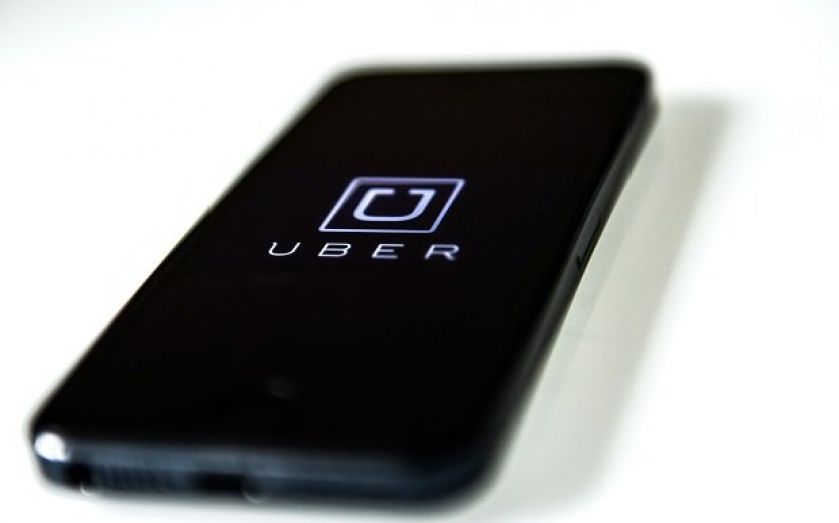Uber back in business in Delhi, faces strict new rules

Uber is back in business in Delhi, but must play by new rules: regulations that mean the company will be treated much like a common or garden radio taxi firm.
The taxi app firm was banned from operating in Delhi on 8 December after a woman said she was raped by an Uber-registered driver. It later transpired the driver had been arrested for sexual assault three years ago, and there had been complaints made against him by other passengers.
Uber, however, is not just any taxi company. It links customers with drivers, rather than operating a fleet. Speaking to Quartz India, a spokesman said:
We are not a radio taxi company, therefore the Transport Department’s amendments to the radio taxi scheme do not help us serve our riders and drivers in Delhi. It also does not accurately reflect the primary role that the Information Act 2000 plays in regulating intermediaries like Uber.
Quartz also lists the regulations under which Uber must operate:
- Procure a license to operate in the city
- Ensure adequate parking space for all taxis
- Maintain an initial fleet of at least 50 taxis, either owned or through an agreement with licensed taxi drivers, and eventually at least 200 taxis
- Maintain a 24-7 call center
- Have cabs prominently display the name of the licensee
- Install taxi meters, GPS devices, and panic buttons in all cabs
- Submit a list of all drivers to police
- Set up an adequate mechanism for receiving customer’s feedback and grievances
- Make all of its cabs white
Uber had itself suggested changes it would make to its operations, but they have effectively been deemed insufficient.
The problem is that sometimes the checks and panic buttons just aren’t enough. Many in India view background checks as worthless and police checks severely lacking in rigour. The Guardian quotes a blogger, Sriram Krishnan, who works as an engineer for Facebook as the tests are not stringent enough:
The idea of Uber doing background checks and “filtering out” this driver with an arrest record is laughable for anyone who has dealt with government records in India. First, there is no reliable way to run a check on someone in most parts of the world and second, even if they did, a small bribe in the right place will fix most records.